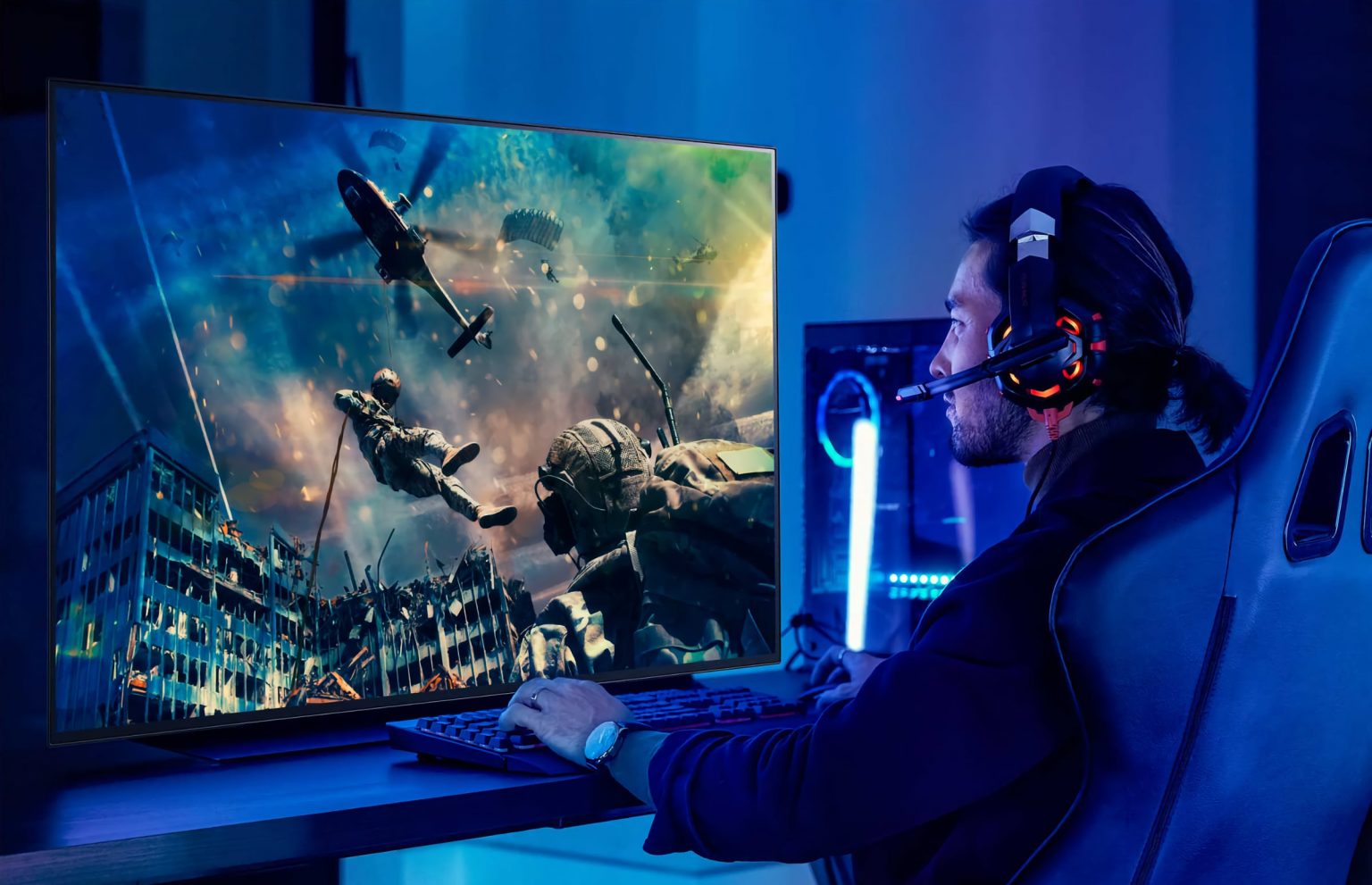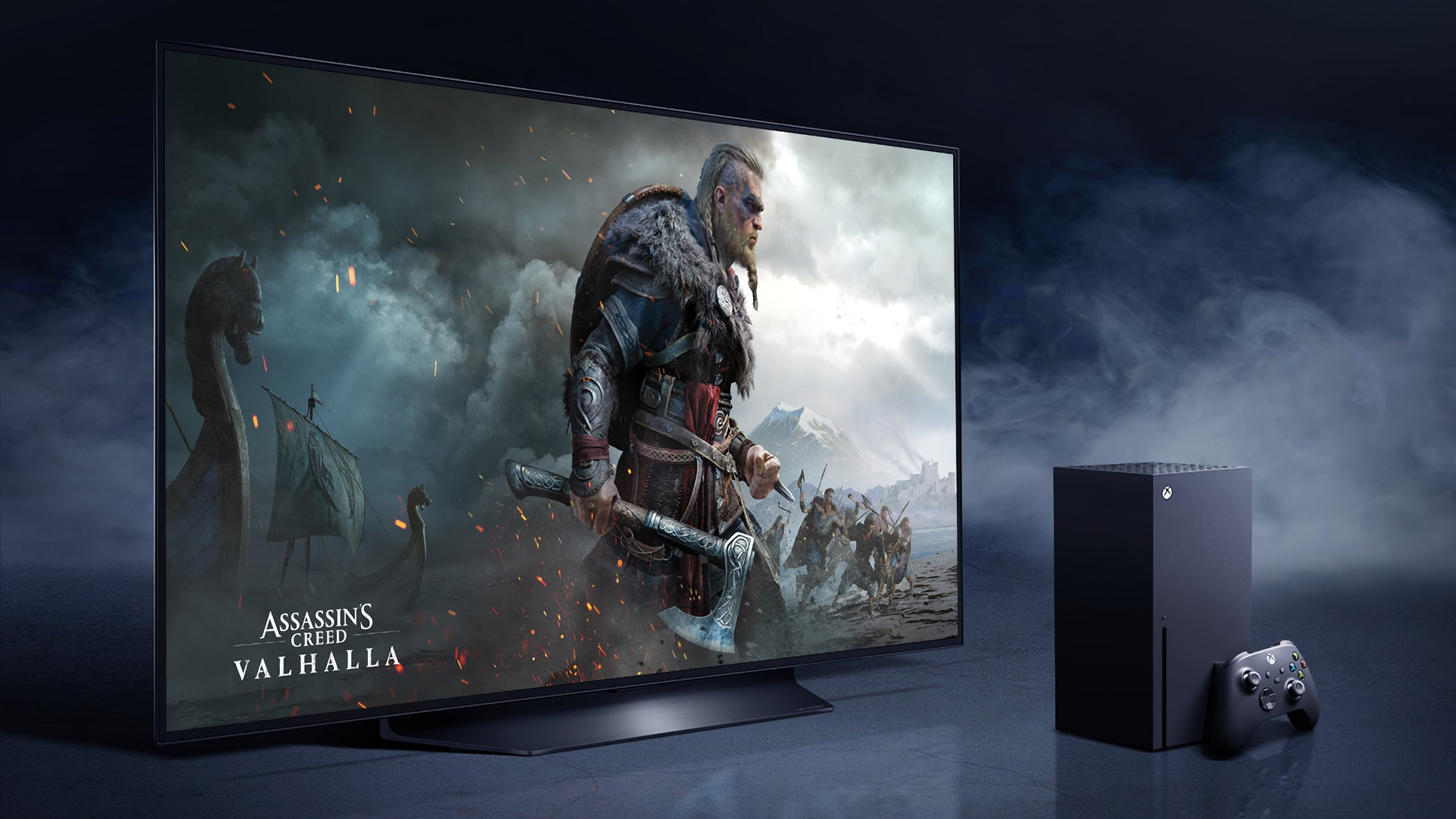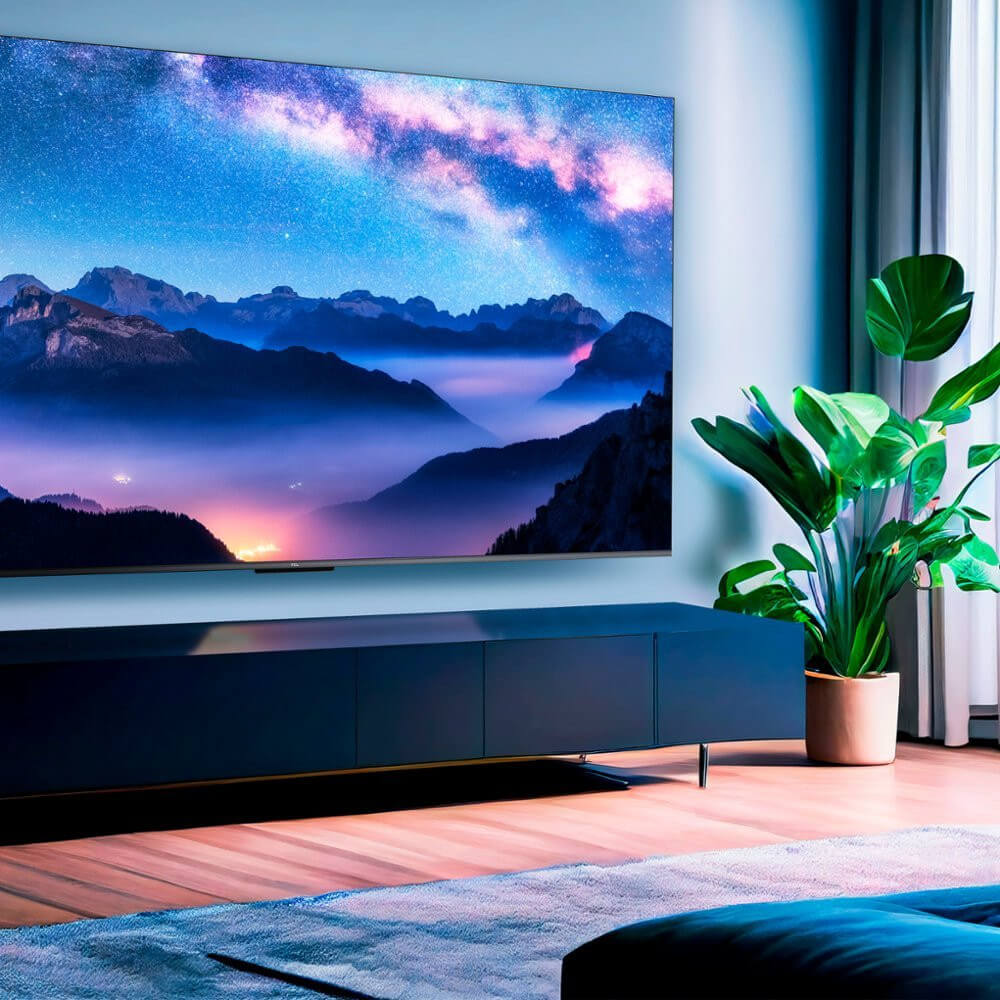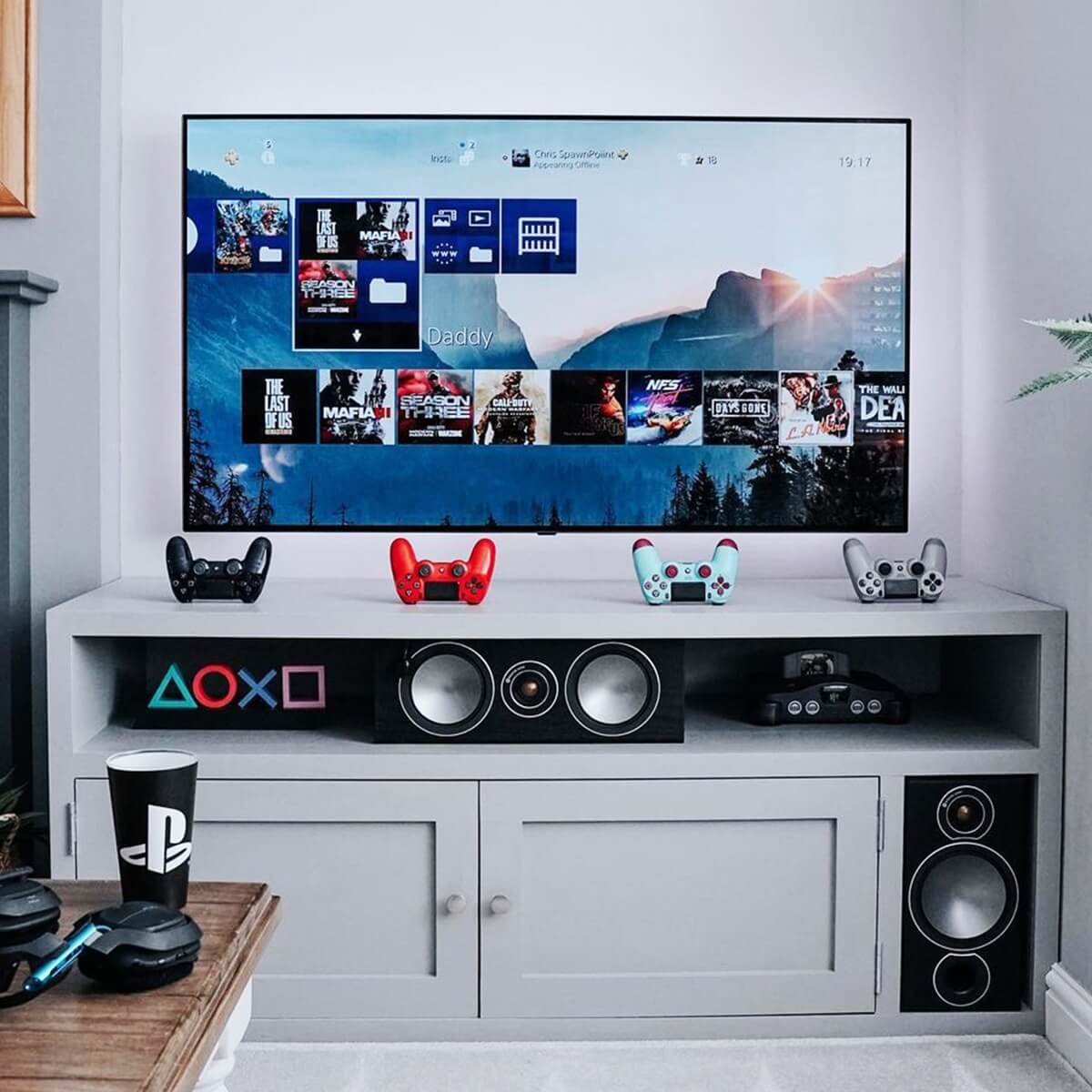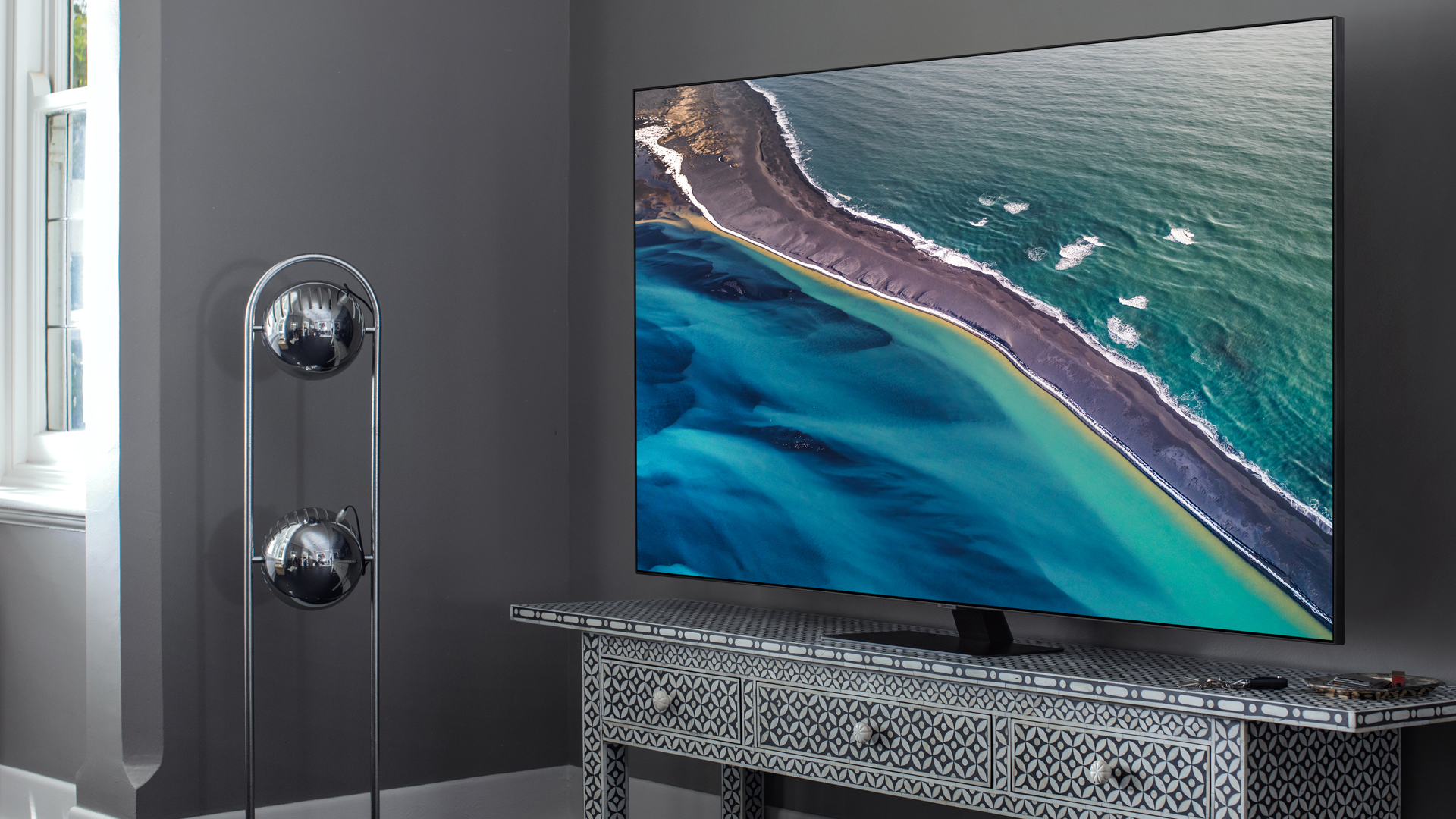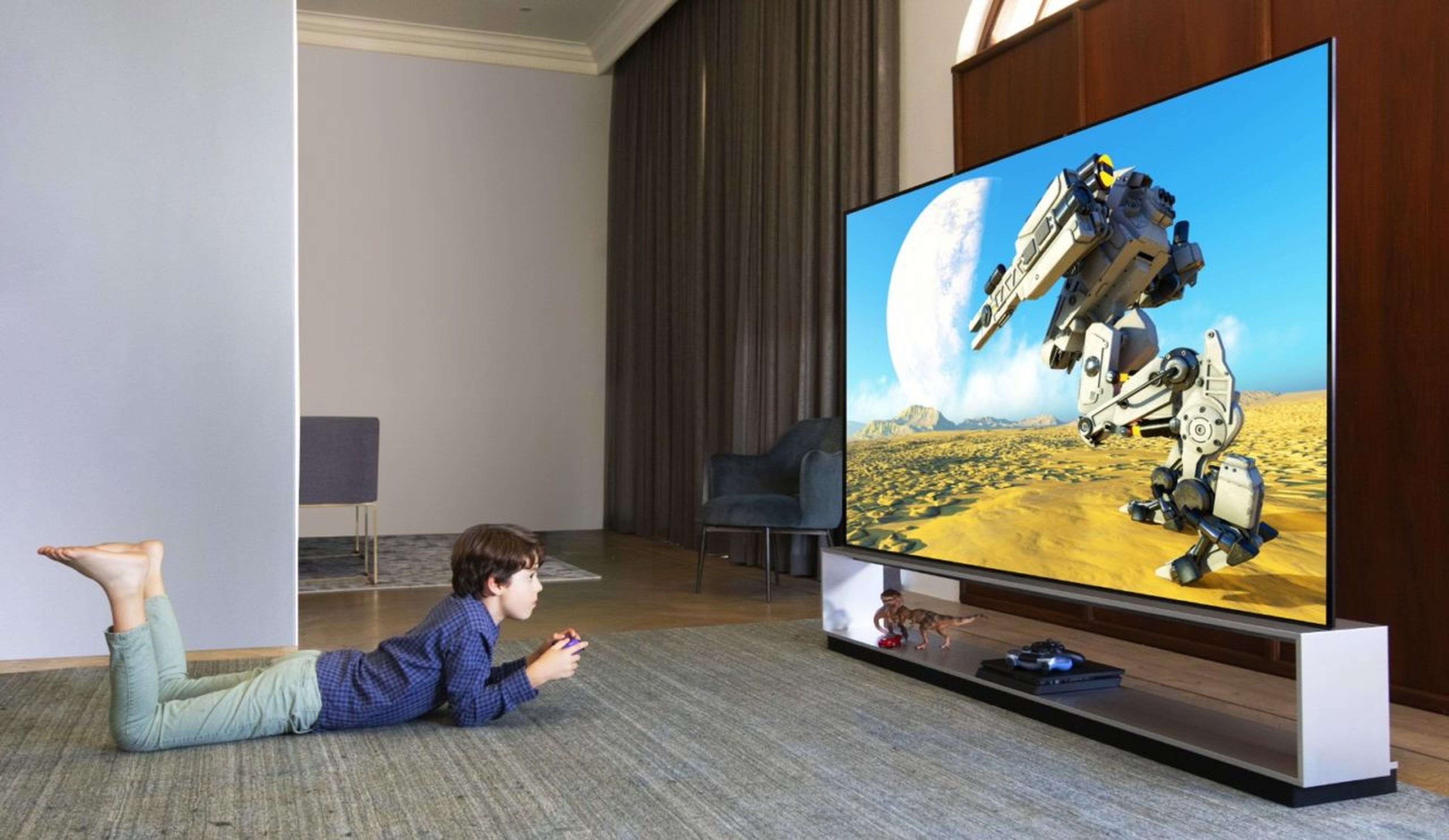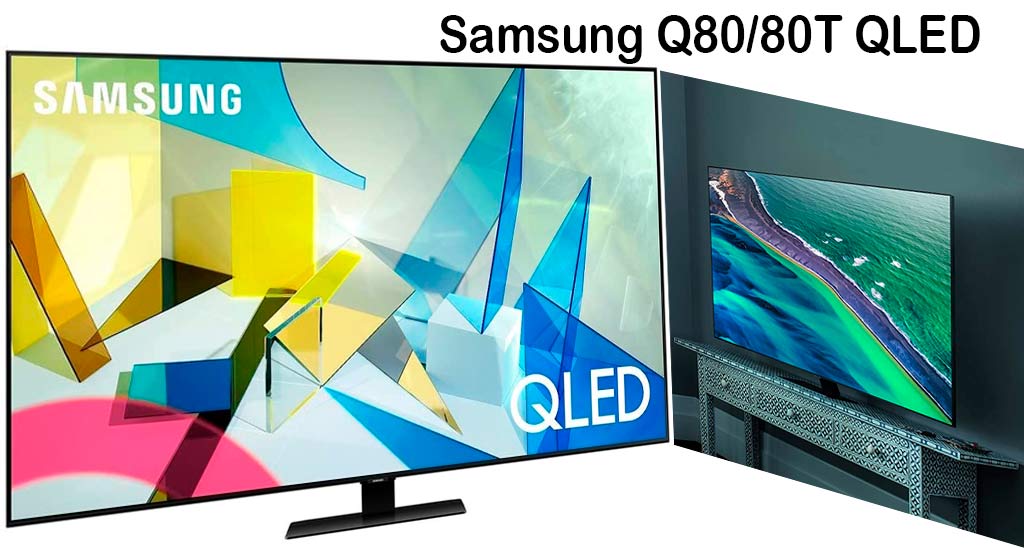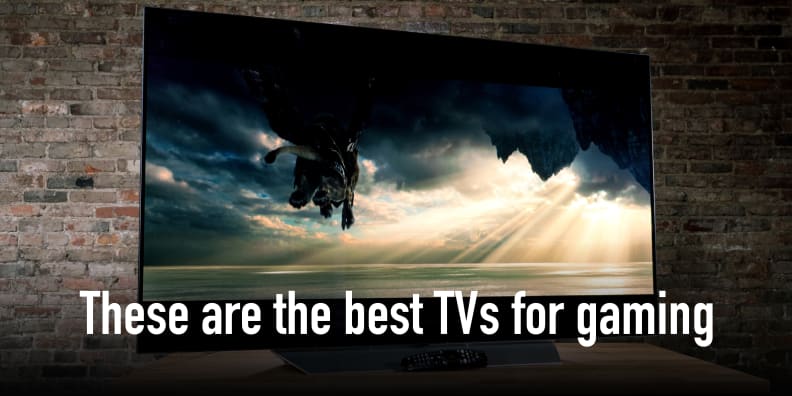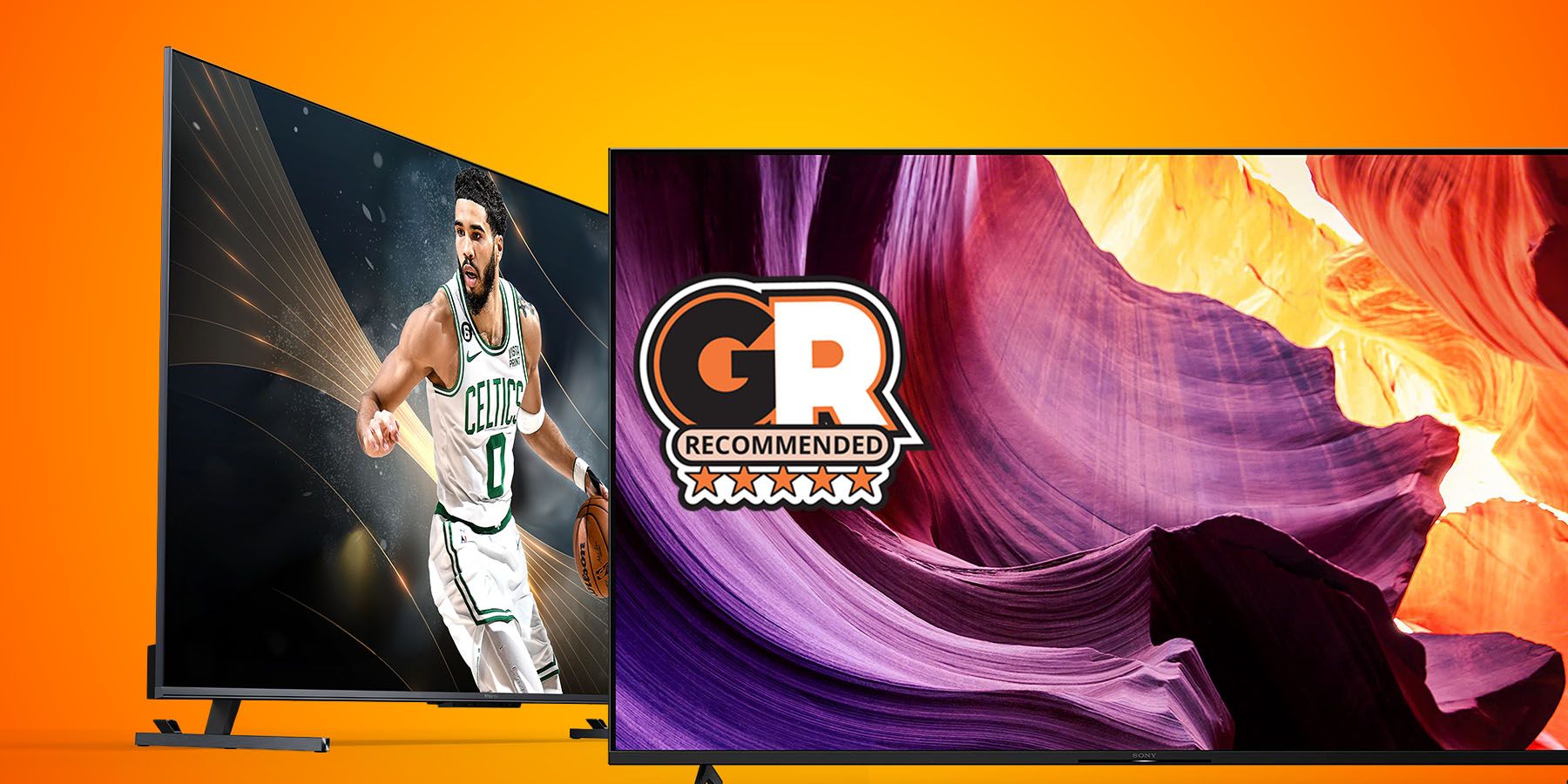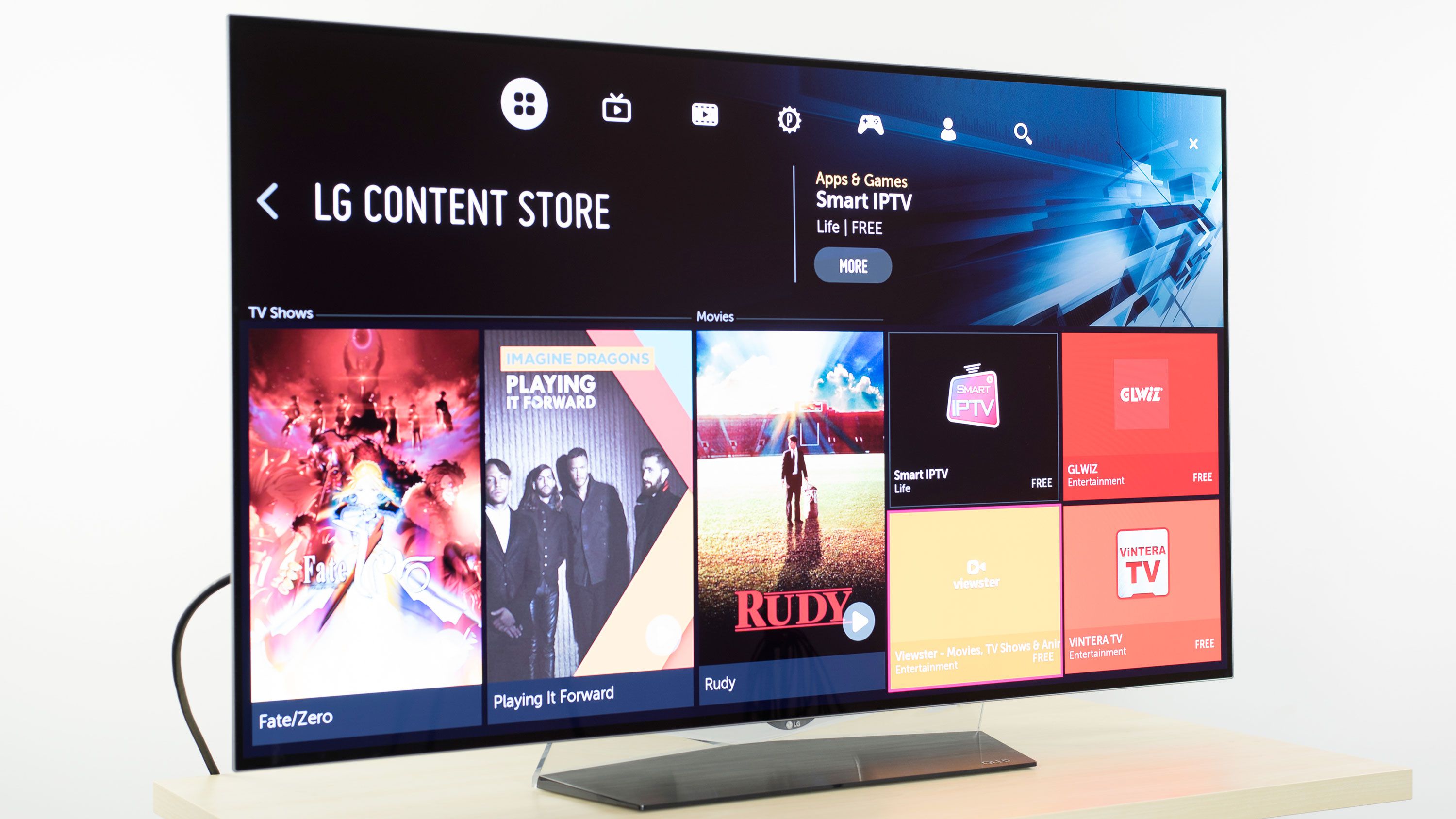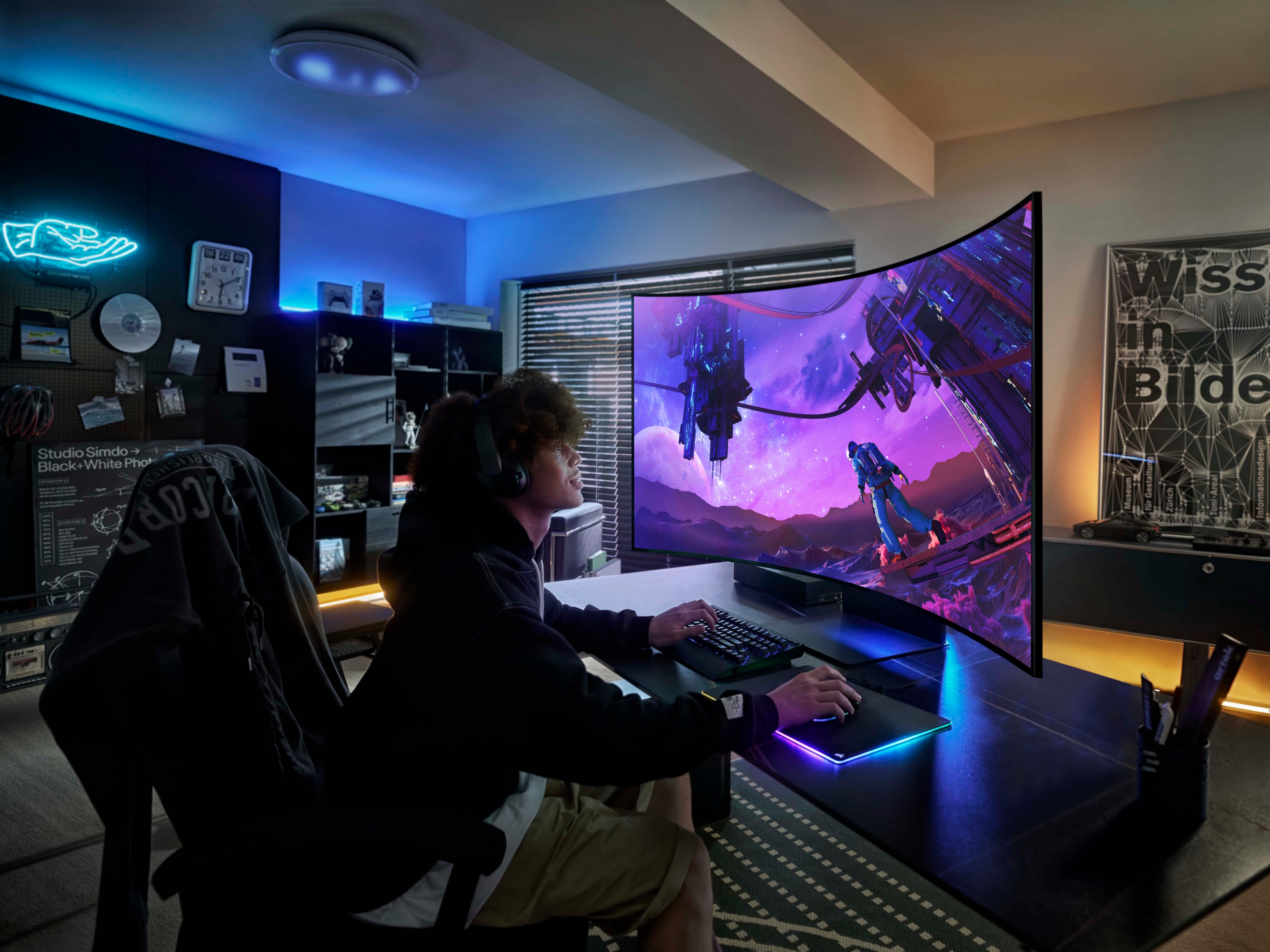Best Type Of Tv For Gaming
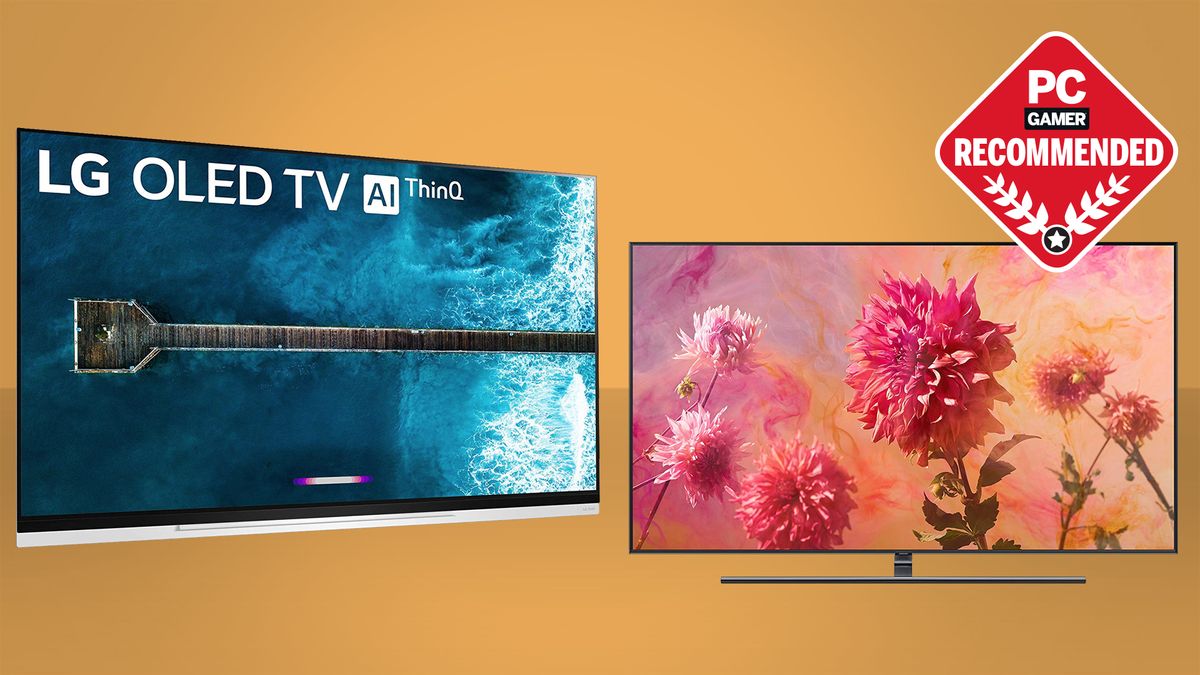
For value-conscious gamers, the TV isn't just a screen; it's the gateway to immersive worlds and lightning-fast reactions. Choosing the right TV can be the difference between victory and frustrating lag. This guide cuts through the marketing jargon to deliver practical advice and recommendations for gamers seeking optimal performance without breaking the bank.
Why Your TV Matters For Gaming
A TV's performance significantly impacts your gaming experience. Input lag, refresh rate, and response time are critical factors influencing responsiveness and visual clarity. Gamers need a TV that can keep up with fast-paced action, delivering smooth visuals and minimal delay between controller input and on-screen reaction.
Ignoring these factors can lead to a sluggish and unsatisfying experience. That's why carefully researching and selecting a gaming TV is a worthwhile investment.
Key TV Specs to Consider
Several specifications directly impact gaming performance. Understanding these will help you make an informed choice.
Refresh Rate
Measured in Hertz (Hz), refresh rate indicates how many times per second the TV updates the image. Higher refresh rates, like 120Hz, result in smoother motion and reduced blur, especially beneficial for fast-paced games. A 60Hz refresh rate is generally sufficient for casual gaming but 120Hz is recommended for competitive play.
Input Lag
Input lag refers to the delay between your controller input and the action appearing on screen, measured in milliseconds (ms). Lower input lag is crucial for responsiveness. Aim for a TV with input lag below 20ms for optimal gaming; ideally, under 10ms.
Response Time
Response time indicates how quickly a pixel can change from one color to another. A lower response time minimizes motion blur and ghosting. Aim for a response time of 5ms or lower for crisp, clear images during fast-paced gameplay.
Panel Type
Different panel types offer varying strengths and weaknesses. LED (Light Emitting Diode) TVs are the most common, offering good brightness and affordability. OLED (Organic Light Emitting Diode) TVs provide superior contrast and black levels but can be more expensive. QLED (Quantum Dot LED) TVs enhance brightness and color accuracy compared to standard LEDs.
HDMI 2.1
HDMI 2.1 is the latest HDMI standard, supporting higher bandwidth and advanced gaming features. This includes Variable Refresh Rate (VRR), Auto Low Latency Mode (ALLM), and higher resolutions/refresh rates. Ensure your TV has at least one HDMI 2.1 port to take full advantage of modern gaming consoles and PCs.
Variable Refresh Rate (VRR)
VRR synchronizes the TV's refresh rate with the game's frame rate, eliminating screen tearing and stuttering. AMD FreeSync and Nvidia G-Sync are common VRR technologies. VRR provides a smoother and more consistent gaming experience.
Shortlist of Recommended TVs for Gaming
Here are some recommendations tailored to different budgets and gaming needs.
- Budget-Friendly Choice: TCL 5-Series (Good overall performance, low input lag).
- Mid-Range Value: Hisense U6 Series (Good balance of features and price).
- High-End Immersion: LG C-Series OLED (Exceptional picture quality, low input lag).
Detailed Reviews
TCL 5-Series
The TCL 5-Series stands out as a solid budget-friendly option for gamers. It offers decent picture quality with vibrant colors and good contrast. Its low input lag makes it responsive for fast-paced games.
The 5-Series doesn't have the advanced features of higher-end TVs but it provides excellent value. This TV is a great choice for casual gamers who want a reliable and affordable gaming experience.
Hisense U6 Series
The Hisense U6 Series provides a step up in picture quality and features compared to budget models. It features local dimming for improved contrast and color accuracy. It also supports Dolby Vision and HDR10+ for enhanced HDR gaming.
Its input lag is low enough for most gamers, and its performance makes it a solid mid-range option. The Hisense U6 is an excellent choice for those looking for a balance between price and performance.
LG C-Series OLED
The LG C-Series OLED is widely regarded as one of the best gaming TVs available. Its OLED panel delivers infinite contrast, perfect blacks, and exceptional color accuracy. With HDMI 2.1 support, it's fully compatible with the latest gaming consoles and PCs.
Its extremely low input lag and fast response time ensures a smooth and responsive gaming experience. While expensive, the LG C-Series offers unparalleled immersion and performance for serious gamers.
Side-by-Side Specs Table
| TV Model | Refresh Rate | Input Lag (ms) | Response Time (ms) | Panel Type | VRR Support | Performance Score (Out of 10) |
|---|---|---|---|---|---|---|
| TCL 5-Series | 60Hz | ~12ms | 8ms | LED | AMD FreeSync | 7 |
| Hisense U6 Series | 60Hz | ~15ms | 7ms | LED | AMD FreeSync | 8 |
| Hisense U8 Series | 120Hz | ~10ms | 5ms | LED | AMD FreeSync, Nvidia G-Sync Compatible | 9 |
| LG C-Series OLED | 120Hz | ~5ms | 1ms | OLED | Nvidia G-Sync Compatible, AMD FreeSync | 10 |
Practical Considerations
Beyond specs, consider your viewing distance and room lighting. Larger TVs are more immersive but require greater viewing distance. Bright rooms benefit from TVs with higher peak brightness to combat glare.
Also, think about the audio quality of the TV's built-in speakers. You might want to consider an external soundbar or surround sound system for a more immersive audio experience.
Conclusion
Choosing the best gaming TV requires balancing performance with budget. Prioritize refresh rate, input lag, and response time to ensure a smooth and responsive experience. Consider your gaming habits and viewing environment to select the panel type and size that best suits your needs.
By carefully considering these factors, you can find a TV that delivers an exceptional gaming experience without breaking the bank. Don't just look at the numbers, read reviews and compare models to make an informed decision.
Ready to upgrade your gaming setup? Start your research today and find the perfect TV to elevate your gameplay!
Frequently Asked Questions (FAQ)
Q: What is the ideal input lag for gaming?
A: Ideally, you want input lag below 20ms. Competitive gamers should aim for under 10ms.
Q: Is a 120Hz TV necessary for gaming?
A: While not essential, a 120Hz TV provides smoother motion and is beneficial for fast-paced games.
Q: Are OLED TVs worth the extra cost for gaming?
A: OLED TVs offer exceptional picture quality and low input lag, making them a top choice for serious gamers. However, they are more expensive than LED TVs.
Q: What is HDMI 2.1 and why is it important?
A: HDMI 2.1 is the latest HDMI standard, supporting higher bandwidth for advanced gaming features like 4K/120Hz, VRR, and ALLM.
Q: Do I need a soundbar for gaming?
A: While not essential, a soundbar or surround sound system can significantly enhance the audio immersion in games.

